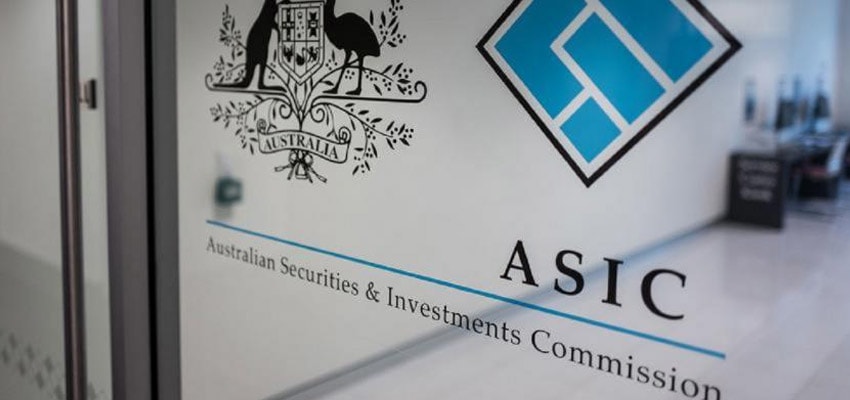
The financial regulator has clarified that the government’s Home Equity Access Scheme is not considered a credit contract.
The Australian Securities and Investments Commission (ASIC) has said that financial planners can advise on the Home Equity Access Scheme without needing a credit licence, as the loan is not deemed to be a credit contract.
The confirmation comes after financial planner Michael Miller from Capital Advisory sought clarification from the regulator as to whether this was an option that financial advisers could explore in clients’ retirement plans.
Speaking to our sister brand Money Management, Mr Miller explained that while financial advisers often explore clients’ retirement plans, they had been cautious about the Home Equity Access Scheme product and its restrictions, and unsure whether they could advise on them, as they believed it to be a credit product.
However, after the scheme was amended to increase the amount of payments available and extend it to retirees who are not otherwise eligible for an age pension benefit, it was becoming increasingly attractive for retired clients who were “asset rich but cash poor” and who wanted to access assets tied up in their property, Mr Miller said.
As such, he sought clarification on whether planners could advise on this product.
He explained: “Many Australian Financial Service License (AFSL) holders had expressed caution about advising directly on the scheme, as it may have required an Australian Credit License (ACL) which was more typically held by mortgage brokers and other finance industry participants, than financial planners.”
After writing to Dr Andrew Leigh (assistant minister for competition, charities and treasury) for clarification, his letter was sent on to ASIC.
ASIC's senior executive leader for credit and banking, Tim Gough, responded to Mr Miller stating: “As the scheme is provided for under statute and not under a contract, these debts are not considered ‘credit contracts’ under the National Credit Act and therefore not regulated under the National Credit Act.
“We consider that financial advisers can advise on the scheme without required an ACL, notwithstanding their functional equivalence to reverse mortgages that are regulated under the National Credit Act.”
ASIC has now confirmed the above comments to The Adviser.
As the Home Equity Access Scheme is not deemed to be a credit contract covered by the credit act, there were some questions raised as to whether this means that brokers cannot advise on this product.
The Adviser put the question to ASIC, who confirmed that it was not an issue for a broker without an AFS licence to provide assistance or advice on the scheme in circumstances where their client has specifically requested assistance with it if that is all they are providing advice on (or where their advice is limited to non-regulated financial products).
"In circumstances where a consumer is asking for financial advice and the HEAS is one of a broader range of products being considered and advised on, and that range includes regulated products, then an AFS licence is required," the ASIC spokesperson added.*
How the Home Equity Access Scheme works
The Home Equity Access Scheme allows senior Australians who meet Age Pension age and residency requirements and own real estate in Australia to supplement their retirement income by accessing the equity in their home through a non-taxable government loan.
They (or their partner) can then nominate to receive an amount of fortnightly pension, an advance payment of the loan as a lump sum or a combination of both.
The combined loan and pension payment each fortnight can’t be more than 150 per cent (1.5 times) of their maximum pension rate.
Self-funded retirees can access 150 per cent of the pension as a loan, while those on the maximum rate of Age Pension can get 50 per cent of the pension as a loan. Part pensioners can get a rate in between.
The compound interest rate for the scheme is currently 3.95 per cent per annum.
While voluntary repayments can be made at any time, the debt from the loan is generally recovered from the sale of the secured property or from the participant’s estate.
The scheme has a no negative equity guarantee to ensure participants don’t end up repaying more than the equity they hold in the property they used to secure their loan.
*This story was updated on 12 January to include ASIC's response to the question around brokers advising on HEAS.
[Related: Government looks to help older home owners retrofit homes]

